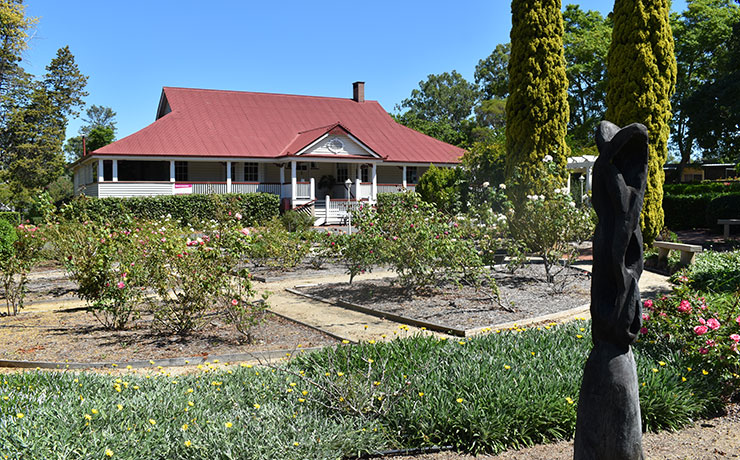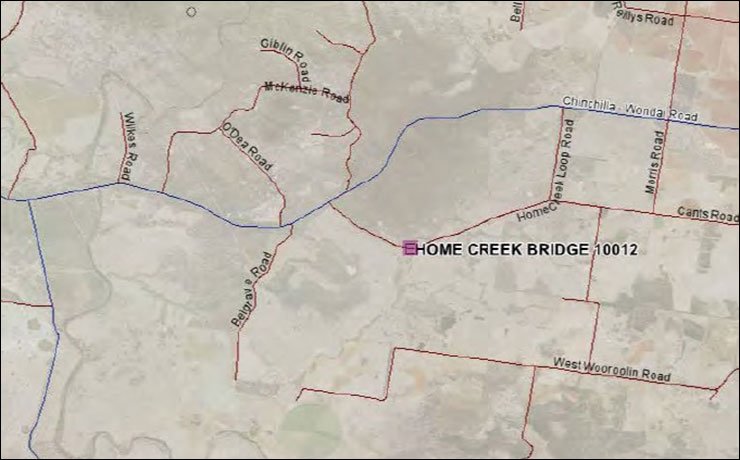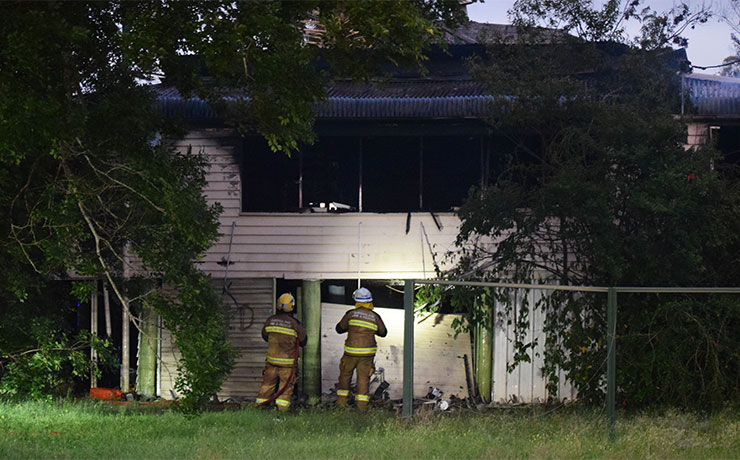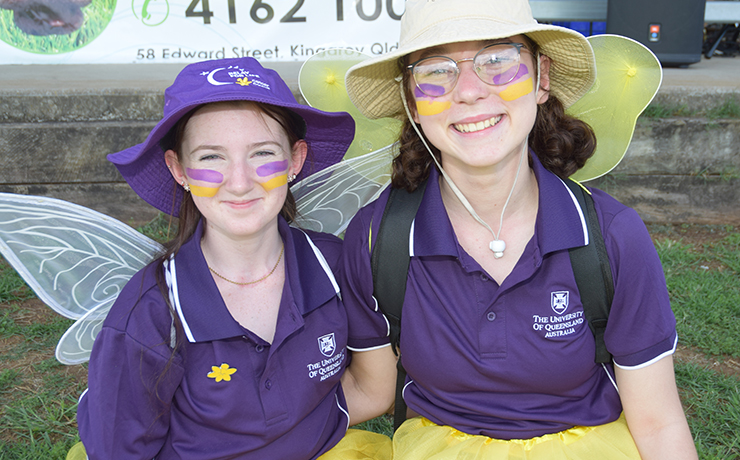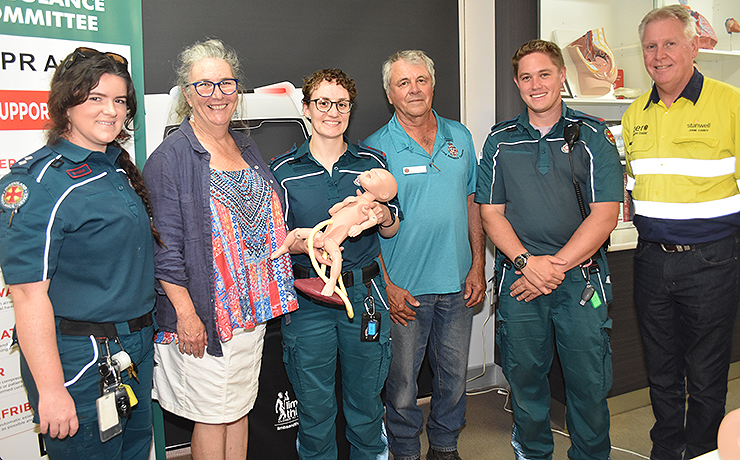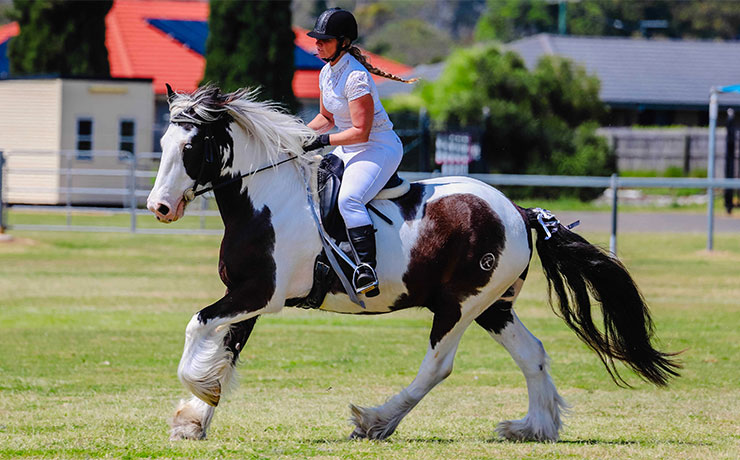
February 24, 2020
The State Government has admitted that an exotic pest, Fall Armyworm, is likely to have spread across northern Australia meaning eradication is no longer possible.
The pest moth – which feeds on a range of crops including maize, rice, sorghum, sugarcane, wheat and cotton – was first detected in the Torres Strait in late January.
However, it has since been detected at Bamaga and most likely on a farm in the north-west Gulf region.
The State Government is convening an urgent industry roundtable to discuss managing the serious threat posed by the pest.
Agriculture Minister Mark Furner said testing this week was expected to confirm an infestation of Fall Armyworm in the Gulf region.
“This is disappointing but not entirely unexpected after recent detections in the Torres Strait and at Bamaga,” Mr Furner said.
“If confirmed, it means the pest is likely to be widespread across northern Australia and eradication is therefore not possible.
“This pest moves and reproduces fast, is already common in our nearest neighbours, and could be continually reintroduced. It has never been eradicated anywhere else in the world.
“I have contacted the office of Federal Minister for Agriculture, Drought and Emergency Management David Littleproud this morning to alert him to this development and look forward to the ongoing co-operation with the Federal government and the other States and Territories.
“I have also asked my department to arrange a roundtable with industry leaders this week to update them on the situation and discuss what immediate steps can be taken to manage the inevitable impacts, as well as longer term actions.”
“After the drought, bushfires and floods, this is the last thing our producers need but we must tackle it with all available resources.”
Fall Armyworm is native to Central America but can fly up to 500km and has spread quickly around the world.
It is already well established in south Asia and Indonesia, and can be active year-round in tropical areas such as north Queensland.
Mr Furner said most growers already employed a range of on-farm pest management measures to protect their crops from pests and diseases.
“The Queensland Government will work closely with industry to identify strategies for dealing with this new threat and protecting our valuable plant resources,” he said.
“As well as the industry roundtable, a taskforce is being established within the department to ensure communication with industry is as effective and up to date as it can be.
“This group will also identify and mobilise any resources that will be required to respond to immediate needs.”
- External link: Photographs of Fall Armyworm
- Related article: Pest Moth Found In Torres Strait
* * *
Identifying Fall Armyworm
- Larvae are light coloured with a larger darker head
- As they develop, they become browner with white lengthwise stripes and also develop dark spots with spines
- Adult moths are 32-40mm in length wing tip to wing tip, with a brown or grey forewing and a white hind wing
- Male fall armyworm adults have more patterns and a distinct white spot on each of their forewings
Industry and the public are urged to report suspect detections of Fall Armyworm moths and larvae to the national Exotic Plant Pest Hotline on 1800-084-881 or to Biosecurity Queensland on 13-25-23.













